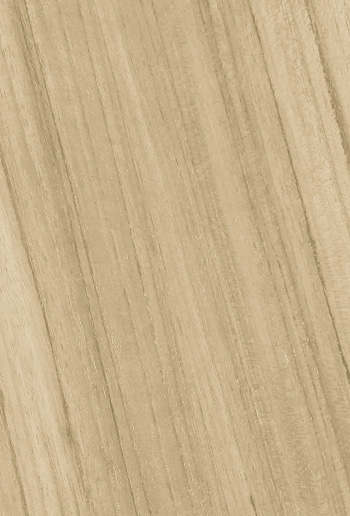- Calgary, AB
403-246-5545
(587) 355-4332
Children should visit the dentist to undergo an exam and cleaning every six months once they get their first tooth. This typically occurs around your child’s first birthday. If your child is at risk of developing gum disease or tooth decay, your dentist may recommend that they visit more often.
If your child is nervous about visiting the dentist, our team will take extra care and attention to ease any anxiety they are experiencing. While we conduct the exam and cleaning, we will do our best to make the experience fun, engaging, and stress-free.
During your child’s exam, your dentist and dental hygienist will clean your child’s teeth and look for signs of gum disease and tooth decay. Your dentist may also have x-rays taken of your child’s jaw and teeth, and perform other diagnostic procedures.
Your dentist may also treat your child’s teeth with fluoride, and apply a sealant. Fluoride strengthens your child’s tooth enamel, and sealant helps protect your child’s teeth from decay by bonding to the grooves and depressions in each tooth, forming a protective barrier that shields the enamel from bacteria and plaque.
During your child’s visit, the dentist and dental hygienist may also discuss your child’s diet and oral hygiene habits with you, and review proper brushing and flossing techniques with your child to ensure their teeth remain clean and healthy.
Though baby teeth are only temporary, it is still vital that they remain healthy and free of decay. Infections of any kind, including gum disease and tooth abscesses, can compromise your child’s immune system.
If left untreated, cavities in babies and small children can worsen to the point where the only way to treat them is with major surgery.
Here are a few things that you can do to help protect your child’s gums and baby teeth.
Most children get their first tooth between the ages of six months and nine months and have all of their baby teeth by the time they are about three years old. Teething is tough, but applying a cool spoon, or letting your child chew on a teething ring that has been placed in the fridge, can offer your child relief from teething pain.
Early childhood is a great time to lay the foundation of lifelong oral hygiene by teaching your child good habits. To help ensure your child’s teeth and gums stay happy and healthy, you should:
This is very common, particularly when your child is getting their permanent lower incisors (the narrow-edged, biting teeth at the front of your mouth). In most cases your child’s baby incisors should fall out on their own. However, in some cases your child may need to undergo a painless tooth removal.
When your child’s permanent teeth come in before their baby teeth have fallen out it may indicate that they will experience future crowding. This spacing issue can be fixed with orthodontics.
For more information about our children’s dental health, or to book your child’s next exam and cleaning, please contact us.
*open 2 Saturdays a month

